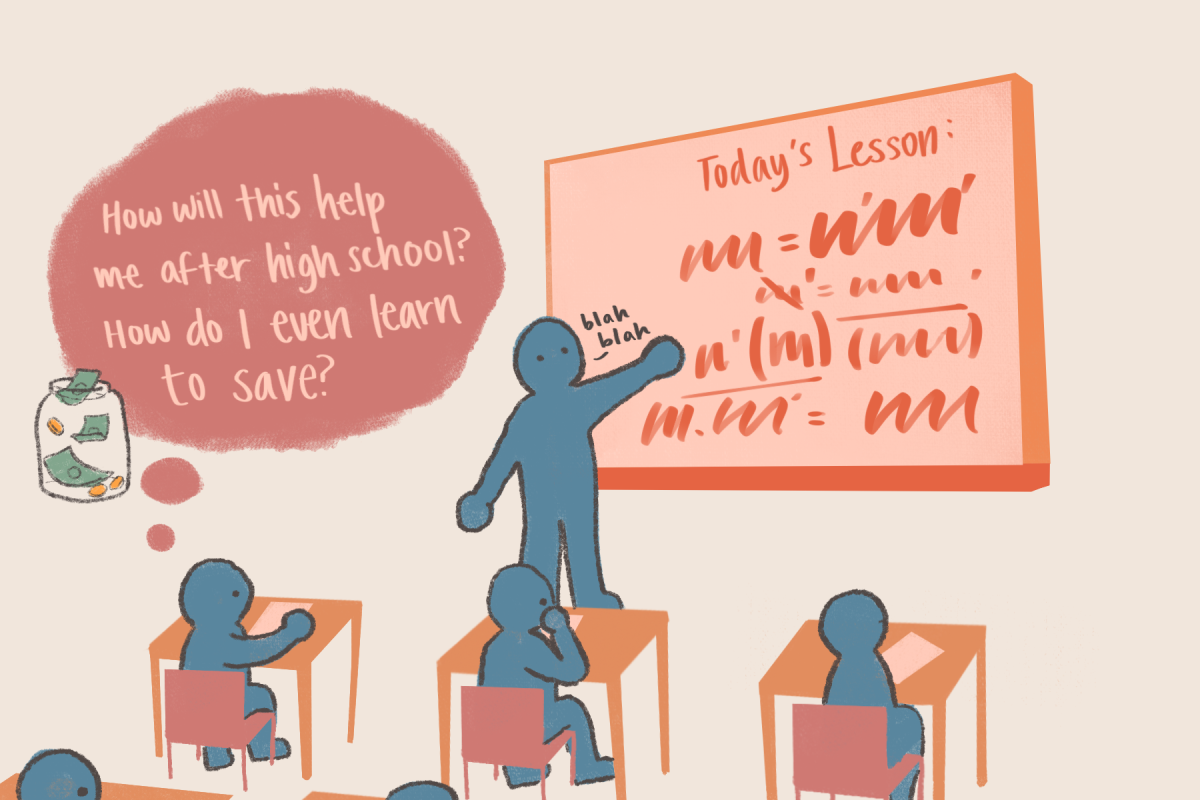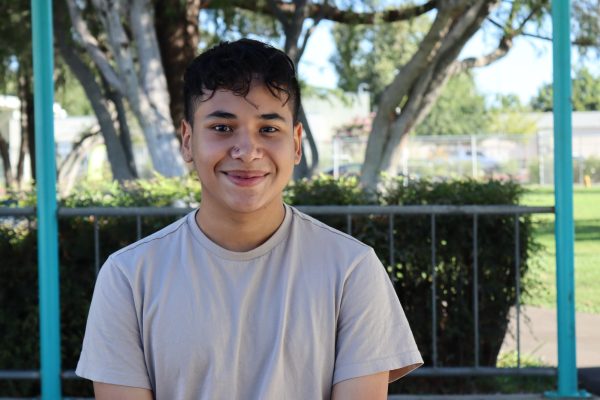As someone who will be a high school senior next school year, not knowing what to expect after graduation can be scary. There are many tasks I will have to complete in my adult life that I feel completely unprepared for. Handling money, time management, mental health and professional life are all aspects of life that I and many other students don’t know how to handle.
In an article published by Inside Higher Ed, only 13% of students feel prepared to choose their path after high school in 2023. More can be done to ease the anxiety of students like me who feel underprepared for life after high school. More classes and electives should be added to prioritize life skills and life after graduation in the American education system.
Essential life skills that would be helpful to learn about in school include driving, swim classes, first aid knowledge and mental health education. Students have to learn these skills on their own when these skills can easily be integrated into schooling. Easing the stress of being pushed into the real world should be prioritized and made easier.
Financial literacy and education is one example of a required class that would ease the stress of graduating students. Buying a car, opening a bank account and insurance are all aspects of adult life I have yet to learn about in school. Offering financial literacy classes could better prepare students and ensure a financially secure life. A lack of financial literacy can lead to the accumulation of debt and poor spending habits.
In an article published by the California Department of Education News Release in March 2023, the State Superintendent of Public Instruction Tony Thurmond stated, “Ensuring that all young Californians have exposure to financial literacy is a vital step in closing inequality gaps and providing the skills and resources to improve their lives overall.” Financial literacy classes can inform students on how to organize their funds through teaching budgeting and how to responsibly save money. These skills taught through financial literacy classes will ultimately set students up for financial success.
Another aspect of life that I feel is not talked about enough in the classroom is professional life. We are not taught in school how to properly manage time, maintain a healthy work-life balance or carry ourselves in the professional world.
Many districts have adopted Career and Technical Education (CTE) classes that offer specific career knowledge to students and promote preparation for careers after high school. An article published by the U.S. Department of Education showed that “the median annual earnings eight years after high school were $23,950, compared to $20,015 for non-concentrators,” which tells me career and professional life-oriented classes are highly beneficial and should be required nationwide.
Some students are prompted to take advanced placement classes to get a GPA boost or make their college applications stand out instead of participating in courses that teach life and career-based skills. Although advanced core classes can be important to select students who are interested in specific careers, a majority of the materials in advanced English, language, science and math classes do nothing to assist me in comprehending insurance policies or new legislation. Classes that educate students on life preparation should also be viewed in high regard as they are equally as important, if not more, than advanced placement classes.
The packed schedules of high school students today may cause a concern that there will be no room in students’ schedules for life skill classes. However, I believe there are many ways to work around the issue of busy schedules, even through offering these classes as electives. The benefits of integrating more career or life preparation classes outweigh any scheduling or integration challenges that may come with it.
The lack of resources offered to students concerning life after high school is a clear flaw in our education system. Schools should work toward easing the anxiety and stress that come with sorting out life after graduation. This could be done through different classes or electives and it would prove to be highly beneficial beyond high school.










